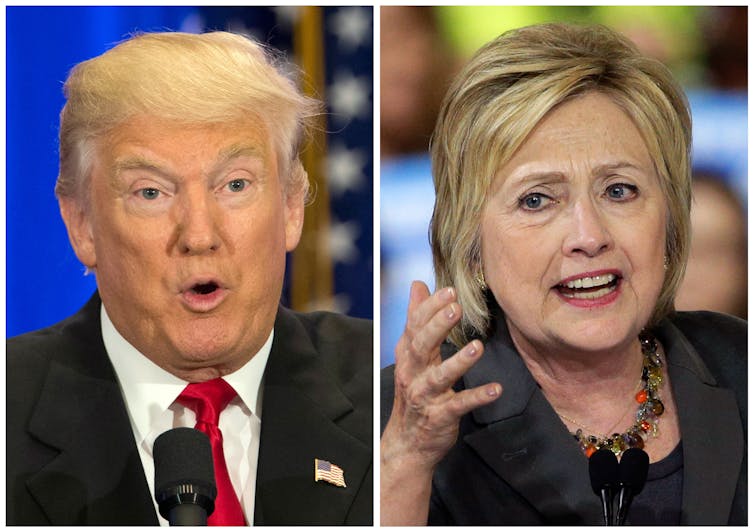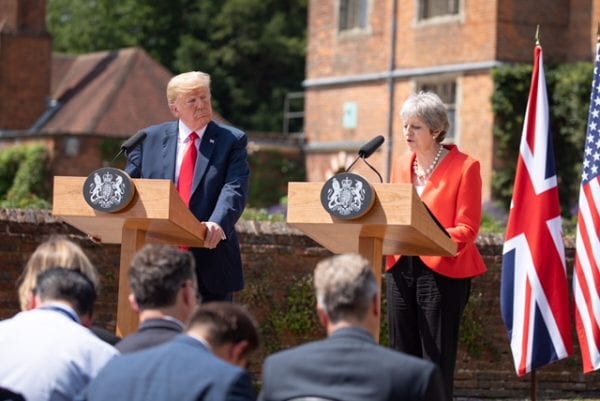
AP/Mary Altaffer, Chuck Burton
Damian Ruck, University of Bristol
When Robert Mueller completed his long-awaited investigation into Russian interference in the 2016 presidential election, he left many questions unanswered.
But one conclusion was unequivocal: Russia unleashed an extensive campaign of fake news and disinformation on social media with the aim of distorting U.S. public opinion, sowing discord and swinging the election in favor of the Republican candidate Donald Trump. Continue reading

 Jo
Jo